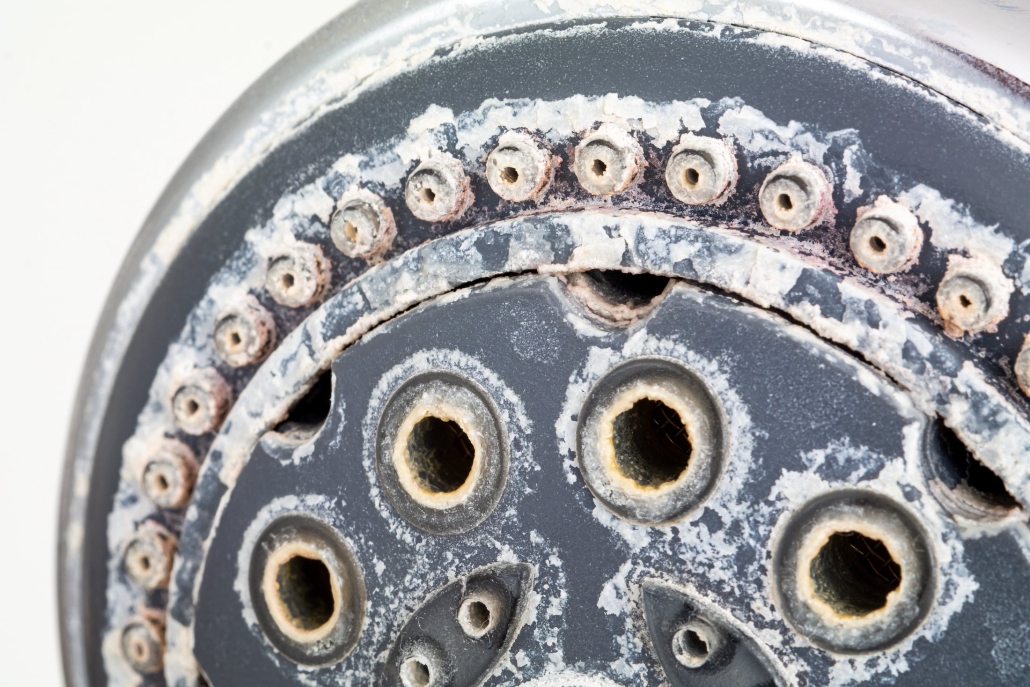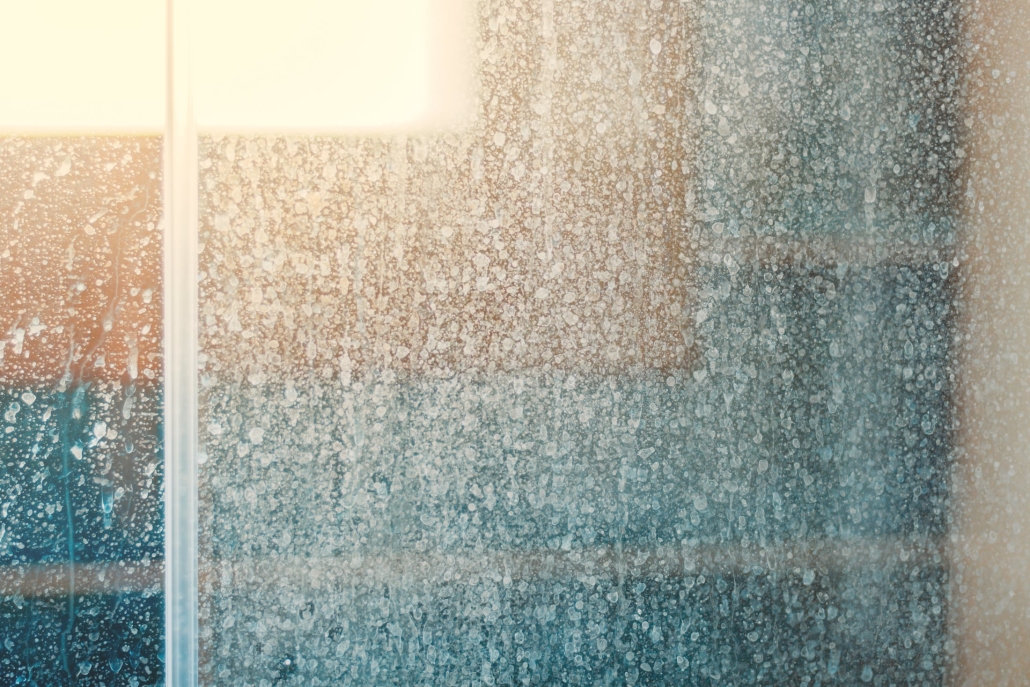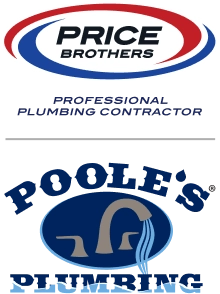The Troublesome Effects of Hard Water on Your Plumbing System
Hard Water - When it comes to maintaining a household, water quality is only sometimes the first thing on a homeowner's mind. However, hard water presents a unique challenge that can impact your home's plumbing system. Characterized by a high mineral content—calcium and magnesium—hard water can lead to inefficiencies, malfunctions, and even failures in the plumbing infrastructure. Here are the main problems caused by hard water and why it's essential to address them.
Limescale Buildup: The Sneaky Culprit
Limescale is notorious for its silent but gradual accumulation. Forming a white, chalky residue due to the minerals in hard water, it sticks to the insides of pipes, fixtures, and appliances, often going unnoticed until the damage is significant. Over time, limescale can:
- Clogged water pipes reduce the efficiency of water flow and increase the pressure within the pipes.
- Create insulating layers inside water heaters and boilers, which may lead to higher energy consumption and premature wear.
- Damage fixtures such as faucets and showerheads affect their functionality and aesthetic appeal.

Reduced Water Flow: A Trickle of Trouble
A direct consequence of limescale buildup is the reduction in water flow. In showers and faucets, this can manifest as a weak stream that frustrates users and complicates daily tasks. In severe cases, clogged pipes could disrupt water supply to parts of the house, calling for costly plumbing repairs or replacement. Reduced flow also accelerates the wear and tear on your water-dependent appliances, which can lead to the following:
- Increased energy bills due to decreased efficiency.
- Reduced lifespan of appliances such as dishwashers and washing machines.
- Inconsistent water heating results in uncomfortable temperature fluctuations during showers or washing dishes.
Corrosion: The Slow Destruction
While not as immediately noticeable as other issues, corrosion is a slow destroyer of plumbing systems in the presence of hard water. The mineral deposits not only react with the material of the pipes but also erode the inner surfaces over time. Corrosion can lead to:
- It leaks as the pipe's material weakens and eventually gives way.
- Contaminated water, where corroded metal may seep into the water supply, poses potential health risks.
- Expensive overhauls of plumbing systems due to widespread damage.
Conclusion
Hard water is a minor nuisance caused by additional cleaning to remove mineral stains. Yet its true impact lies beneath the surface, gradually compromising the integrity of your plumbing system. Homeowners need to be aware of these issues and consider water-softening solutions to mitigate the effects of hard water. Otherwise, they may face a relentless cycle of maintenance and repair that could otherwise be avoided with softer water.
Remember, the health of your plumbing is vital to the well-being of your home. By taking proactive steps against hard water, you protect your pipes and appliances and invest in the longevity and efficiency of your entire domestic water system.
Potential Health Impacts of Hard Water
https://www.ncbi.nlm.nih.gov/pmc/articles/PMC3775162/






